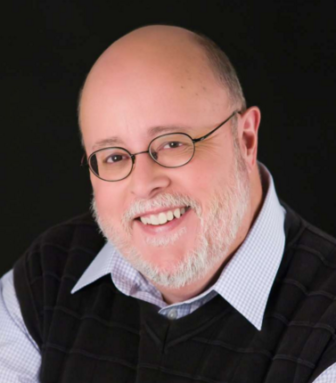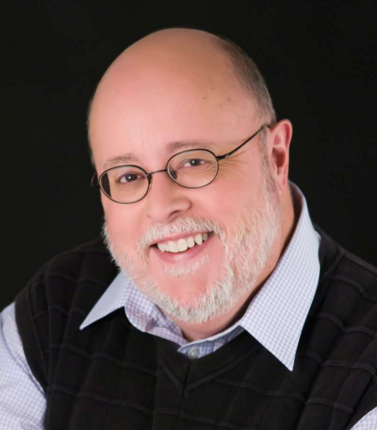“Here in my car, I feel safest of all
I can lock all my doors. It’s the only way to live, in cars.”
— “Cars”, Gary Numan 1979
You may feel that your car is your last private refuge in this busy world. But there’s someone along for the ride: Big Brother. And you’d be surprised what he knows about you, thanks to modern technology.

Jim Cameron
Jim Cameron
CELL PHONES: Your cell phone is constantly transmitting its location, and services like Google Dashboard’s location history can show exactly where you were at any date in time. Don’t want to be tracked? Turn off your cellphone.
E-ZPASS: Even when you are nowhere near a toll booth, E-ZPass detectors can monitor your location. Want to stay anonymous? Keep your E-ZPass wrapped in aluminum foil in your glove box.
HIGHWAY CAMERAS: The extensive network of traffic cameras on our interstates and parkways is used mostly to monitor accidents. But state police can also watch individual vehicles. The cameras are even available to the public online. But state law specifically forbids using these cameras to write speeding tickets.
LICENSE PLATE READERS: This is the newest and most powerful tracking tech, as I saw in a ride-along a few years ago with my local PD. These cameras mounted on police cars can scan up to 1800 license plates a minuteas cars drive by at speed.
As the plate number is recognized, it is transmitted to a national crime computer and compared against a list of wanted vehicles and scofflaws.
If it gets a “hit” a dashboard screen in the cop car flashes a red signal and beeps, detailing the plate number and infraction. In just one hour driving through my town we made stops for outstanding warrants, lack of insurance and stolen plates. (Some towns also use LPR’s for parking enforcement in train station parking lots, forgoing the need for hang-tags or stickers.)
While this may lead to very efficient law enforcement, LPR’s also have a potentially darker side: the data about plate number, location and time can be stored forever.
Faced with a string of unsolved burglaries, Darien police used their LPR to track every car entering the targeted neighborhood and looked for patterns of out-of-town cars driving through at the time of the burglaries and made an arrest.
But the ACLU is concerned about how long cops can store this data and how it should be used. They laud the CT State Police policy of only storing data for 90 days.
In the early days of LPRs in 2012 an ACLU staffer filed an FOI request for his car’s plate number and found it had been tracked four times by 10 police departments in a database that had 3 million scan records.
So enjoy your car. But realize that none of us has any privacy.
More of Jim Cameron’s Road-Related Columns
- Don’t Blame the Trucks for I-95 Congestion: Cameron on Transportation (Nov. 12, 2016)
- Predictions for Planes, Trains & Automobile Traffic in 2017: Cameron on Transportation (Jan. 14)
- How a 10% ConnDOT Cut Would Affect Connecticut: Cameron on Transportation (Jan. 20)
- Looking to Save the State Money? Stop Spending on Sound Barriers: Cameron on Transportation (Jan. 27)
- Less Driving, More Walking — Better Downtown Economies (March 16)
- Why We Should Have Highway Tolls — What State Leaders Aren’t Telling You: Cameron on Transportation (April 14)
- Highway Speeds, Fuel Feeds, Safety Needs: Cameron on Transportation (May 8)
- A Vehicle Miles Tax Is Needed to Maintain CT Roads: Cameron on Transportation (June 16)
- What You Can Learn by Riding with a State Trooper on I-95: Cameron on Transportation (June 18)
- The Little-Changed Merritt: ‘Queen of the Parkways’ — Cameron on Transportation (June 23)
- Trump Admin Cancels Plan to Test Truck Drivers, RR Engineers for Sleep Apnea: Cameron on Transportation (Aug. 27)
- Adventures in Toll Collecting: From Woodstock’s Zonked to the Malodorous Chicken Truck (Sept. 3)
- Overnight ‘Sleeper’ Bus Service Has Started in California — Is It Coming to the East Coast? (Sept. 18)
- Death at RR Crossings: Publicity Needed, But State Didn’t Apply for Grant: Cameron on Transportation (Oct. 13)
- Long Haul Trucking’s Bedbuggers, Chowder, Suicide Jockeys, Robots and More: Cameron on Transportation (Oct. 9)
Jim Cameron has been a Darien resident for 25 years. He is the founder of the Commuter Action Group and also serves on the Darien RTM and as program director for Darien TV79. The opinions expressed in this column are only his own. You can reach him at CommuterActionGroup@gmail.com.
Republished with permission of Hearst CT Media.

